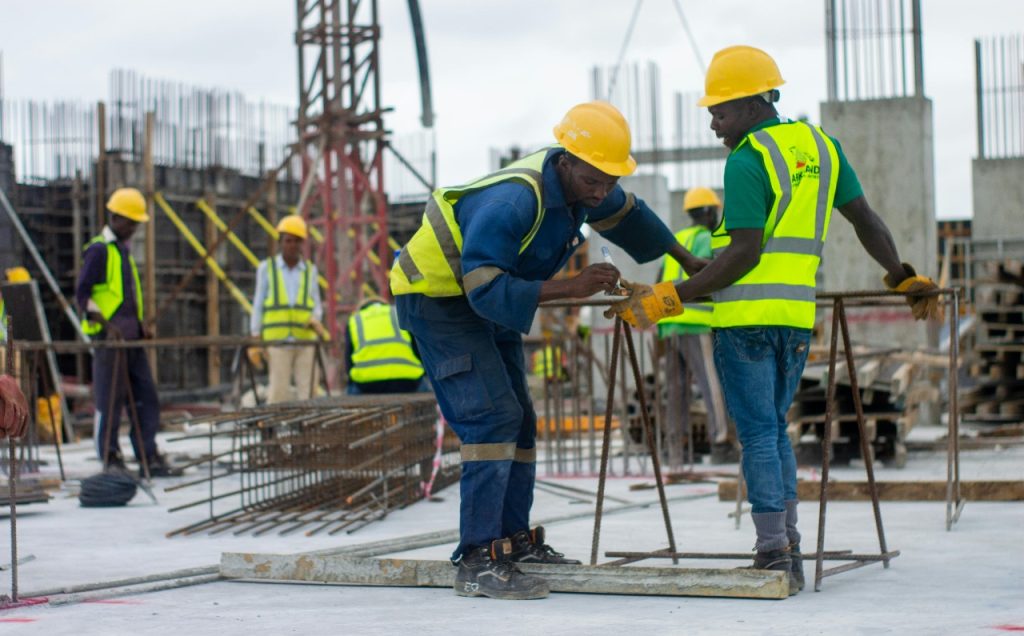
The construction industry is one of the world’s oldest and most essential professions — yet today, it’s evolving faster than ever. While careers in construction offer stability, competitive pay, and tangible results, modern professionals face unique challenges that require adaptability, innovation, and resilience.
From labor shortages and safety concerns to emerging technologies and sustainability demands, the industry is in constant transformation. The good news? With the right mindset, skills, and strategies, these challenges can become opportunities for growth.
Understanding the Modern Construction Landscape
Construction is no longer limited to traditional tools and methods. It’s a sophisticated, technology-driven field that relies on advanced machinery, digital project planning, and environmentally conscious designs.
Key changes shaping today’s industry include:
- Increased demand for sustainable construction practices.
- Integration of technology like drones, BIM, and AI.
- Ongoing skilled labor shortages in many regions.
- Growing focus on workplace safety and compliance.
To succeed, professionals must embrace both traditional craftsmanship and new innovations.
Common Challenges in Modern Construction Careers
1. Skilled Labor Shortage
One of the biggest hurdles in careers in construction is the shortage of qualified workers. Many experienced tradespeople are retiring, and fewer young workers are entering the field.
Solution: Invest in apprenticeship programs, mentorship opportunities, and ongoing training to attract and retain talent. Partnering with organizations like Associated Builders and Contractors (ABC) can provide access to top-tier workforce development programs.
2. Rapid Technological Advancements
Technology is changing how projects are designed, managed, and executed. While tools like Building Information Modeling (BIM) and 3D printing improve efficiency, they require new skill sets.
Solution: Stay updated through professional development courses, certifications, and hands-on experience with emerging tools.
3. Safety and Compliance
Construction sites carry inherent risks, and safety regulations are becoming stricter. Maintaining compliance while meeting deadlines can be challenging.
Solution: Prioritize safety training and foster a culture where safety is non-negotiable. Well-trained safety managers and regular site audits help prevent accidents.
4. Sustainability Pressures
Clients and regulators increasingly demand environmentally friendly construction. This means sourcing sustainable materials, reducing waste, and improving energy efficiency.
Solution: Learn green building practices and obtain certifications like LEED (Leadership in Energy and Environmental Design) to stay competitive.
5. Economic Fluctuations
Construction can be influenced by changes in the economy, interest rates, and government policies, affecting project demand.
Solution: Diversify services, build a strong professional network, and develop expertise in niche markets to remain resilient during downturns.
Turning Challenges into Opportunities
While these issues may seem daunting, they can also fuel career growth. Professionals who can problem-solve, adapt, and innovate will be in high demand.
For example:
- The labor shortage creates leadership opportunities for those willing to train and mentor.
- Technological change opens the door for specialists in BIM, drone surveying, and digital project management.
- Sustainability trends favor those with expertise in eco-friendly design and construction methods.
Skills That Help You Overcome Industry Challenges
To thrive in modern careers in construction, focus on developing both technical and soft skills:
- Technical Expertise: Master your trade and stay current with industry tools and methods.
- Adaptability: Be open to learning and applying new techniques.
- Communication Skills: Collaborate effectively with clients, colleagues, and stakeholders.
- Leadership Abilities: Guide teams through challenges and inspire confidence.
- Problem-Solving Mindset: See challenges as opportunities to innovate.
The Role of Training and Education
Continuous learning is no longer optional in construction — it’s essential. Programs offered by Associated Builders and Contractors (ABC) and similar organizations equip workers with the knowledge and certifications needed to excel.
Options include:
- Apprenticeships for hands-on learning.
- Certifications in safety, technology, or sustainability.
- Management training for leadership roles.
Looking Ahead: The Future of Construction Careers
The future of careers in construction is bright for those who can navigate change. With infrastructure investments, urban development, and the rise of green building, opportunities will continue to expand.
By embracing technology, prioritizing safety, and committing to lifelong learning, professionals can not only overcome today’s challenges but also shape the future of the industry.
Conclusion: Building Success in a Changing Industry
Every generation of construction professionals has faced its own challenges, but today’s industry offers more tools, resources, and opportunities than ever before. By addressing labor shortages, mastering technology, ensuring safety, and embracing sustainability, you can turn obstacles into stepping stones toward a successful, stable career.
In modern careers in construction, adaptability is as important as skill — and those who master both will not just survive, but thrive.



